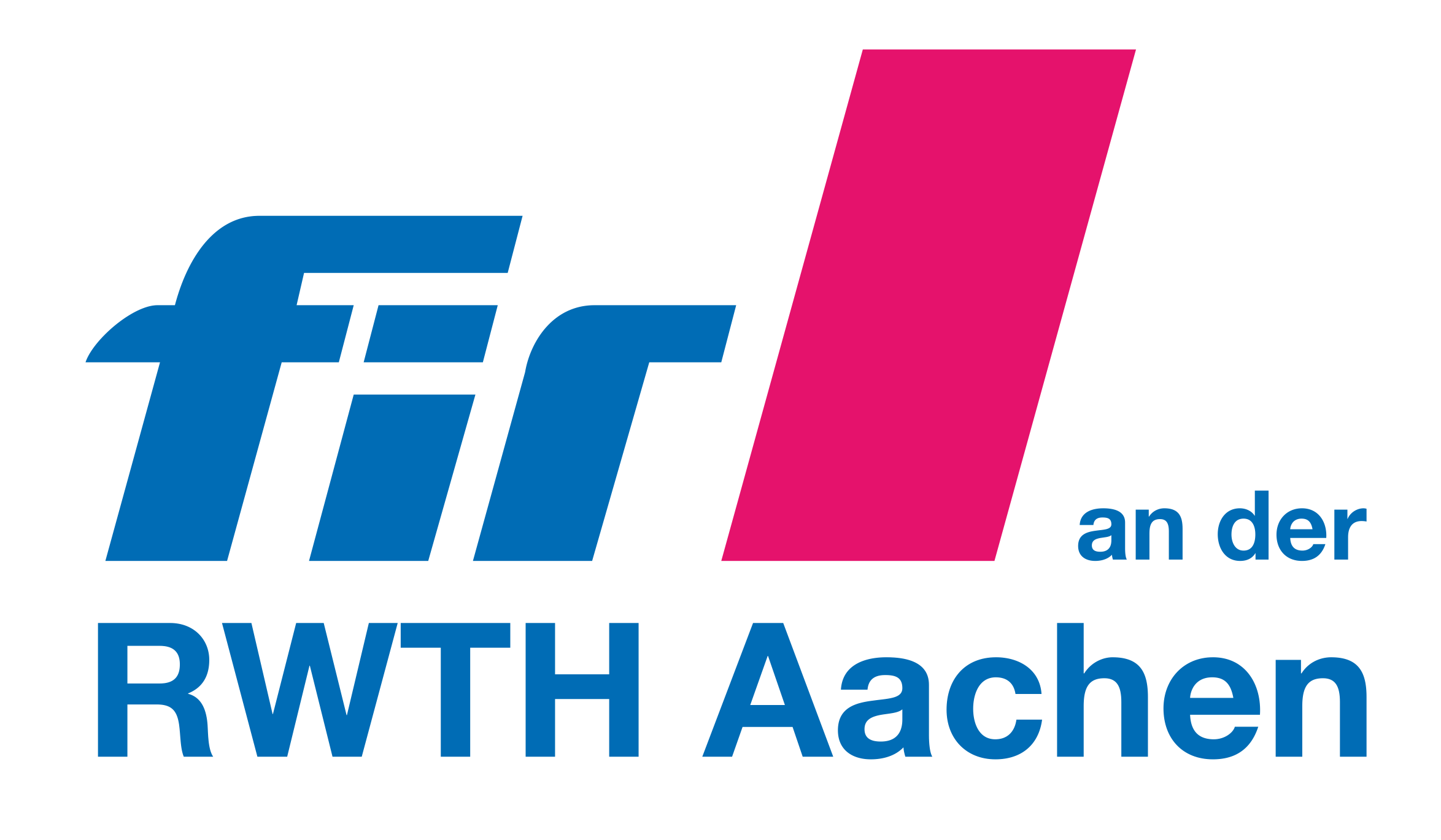IPPSLaBeM
Intelligent Production Planning and Control for Laser Beam Melting

The research project IPPSLaBeM – Intelligent Production Planning and Control for Laser Beam Melting – aims to develop an automated and optimized solution approach for operational application systems that meets the specific requirements of additive manufacturing (AM). The aim is to significantly reduce the manual effort for production planning and to reduce the costs of laser beam melting components by increasing machine utilization.
Initial situation
The most industrially relevant 3D printing technology for metal components is laser beam melting (LBM), which is particularly suitable for the production of complex components. However, the economic application of the technology fails in many cases due to the high component costs. Due to the comparatively high investment costs and low build rates, the production time (machine hour rate) is the largest cost factor of LBM components. Therefore, companies have a great interest in maximizing machine utilization. In practice, however, average machine utilization is currently less than 60%. Due to the high degree of individualization of construction jobs, as well as the complex interrelationships between construction job composition, production time and other operating factors (e.g. planning and execution of upstream and downstream processing steps, personnel availability), it is difficult to improve machine utilization through manual planning. At the same time, manual planning requires a high level of personnel effort. Therefore, automated planning approaches are necessary to increase machine utilization and thereby reduce costs. In addition, automated production planning makes it possible to react quickly and flexibly to changing conditions (e.g., plant malfunctions, rush orders).
Currently, classical production planning systems cannot be used in a targeted manner at AM service providers due to the specific characteristics and requirements of additive production technologies (including manufacturing in construction jobs, dependence of production time on concrete construction job composition, effects on post-processing processes).
Solution approach
Based on the AM service provider's requirement specification for an operational application system, the provision of training data for an AI model is carried out by building a simulation model. Based on this model, the simulation and the AI algorithm are optimized. For this purpose, the conceptual design of the integration of the simulation and AI model into the IT system landscape of SMEs is carried out. Based on these findings, design recommendations are derived and transferred into a guideline. The results achieved will then be validated. Continuous project management and the use of targeted transfer measures will ensure that the project is handled in a goal-oriented manner.
Expected result
The overall objective of the project is to develop a production planning tool based on AI. Optimized production planning can increase machine utilization and reduce production costs. This increases the profitability of manufacturing SMEs and strengthens their competitiveness in an international context.
Benefits for the target group
The focus is on two user groups. These are, on the one hand, AM service providers, who can significantly increase their plant utilization through the research results and at the same time reduce the effort for production planning. On the other hand, providers of operational application systems are addressed by being able to offer improved tools for production planning for AM components.
Associated partners
- 3YOURMIND GmbH, Berlin
- aiXbrain GmbH, Aachen
- AMFG, London, Großbritannien
- APWORKS GmbH, Taufkirchen
- AUTHENTISE, Philadelphia, Russia
- INPECA GmbH | BÖLLINGER GROUP, Übach-Palenberg
- Center Connected Industry, Aachen
- DFA Demonstrationsfabrik Aachen GmbH, Aachen
- DUALIS GmbH IT Solution, Dresden
- enesty gmbh, Hartha
- EOS GmbH, Krailling / München
- Flux MES GmbH, Sinsheim
- GKN Powder Metallurgy Engineering GMBH, Bonn
- H & H Gesellschaft für Engineering und Prototypenbau mbH, Hamburg
- Hexagon Metrology GmbH, Wetzlar
- LIGHTWAY GmbH, Niederzissen
- OC Oerlikon Management AG, Pfäffikon, Pfäffikon, Switzerland
- PROTIQ GmbH, Blomberg
- PSI Automotive & Industry GmbH, Berlin
- Rapidobject GmbH, Leipzig
Branch
- IT, Software and Internet
Topic Area
- Production Management
Research Focus
- Produktionsplanung
- Produktionsregelung
FIR Topics
JRF Guiding Topic
- Society & Digitization
- Industry & Environment
Contactperson
Projectinfos
Duration
Funding no.
22460 NFunding information
The IGF project 22460 N of the research association FIR e. V. at RWTH Aachen University is funded by the Federal Ministry of Economics and Climate Protection (BMWK) via the AiF within the framework of the program for the promotion of joint industrial research (IGF) on the basis of a resolution of the German Bundestag.




